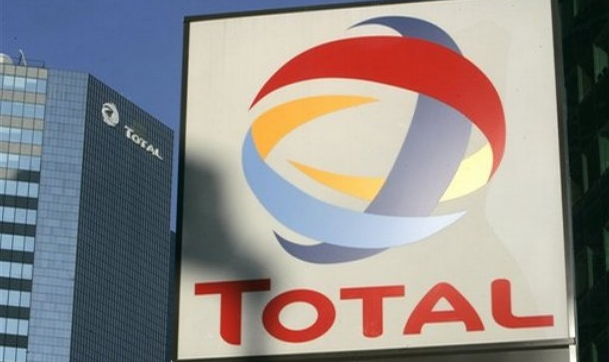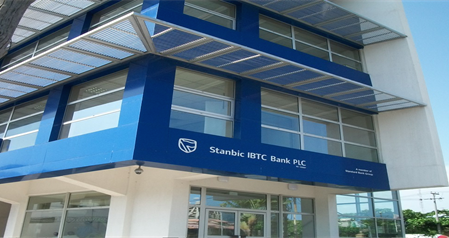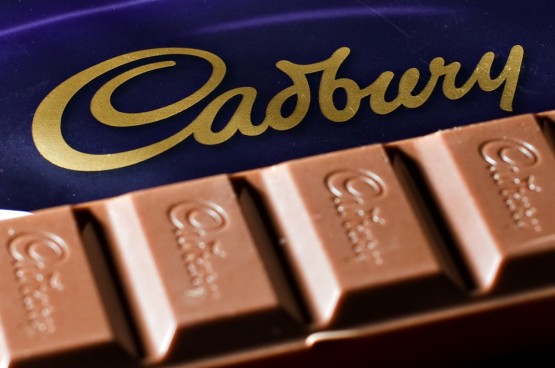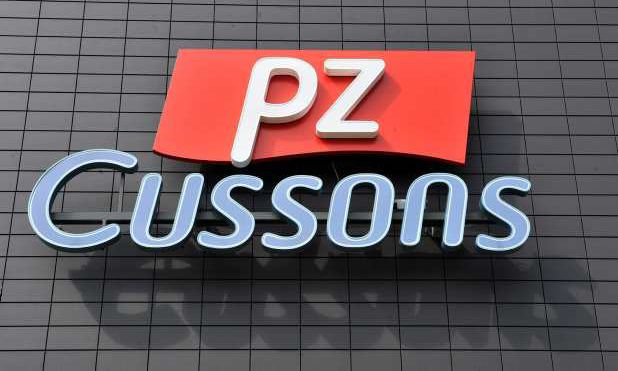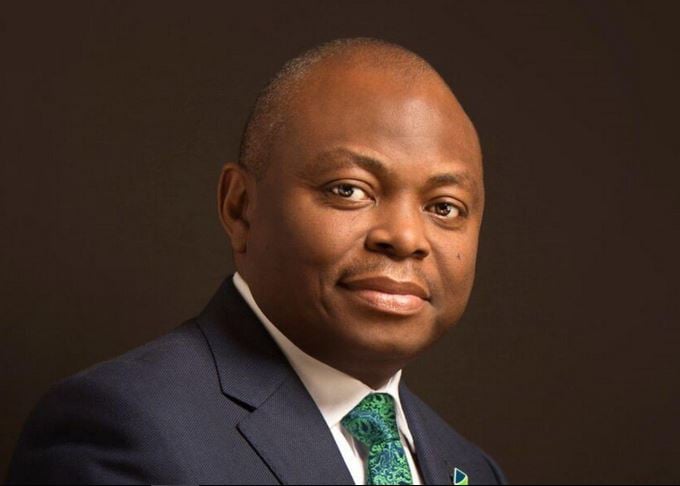Unilever Nigeria raked in an interest income windfall in the final quarter that produced a major profit rebound in 2016. Finance income soared from only N75 million at the end of third quarter to over N1 billion at full year, which lifted after tax profit from N1.57 billion at the end of the third quarter to N3 billion at full year. The company’s turnaround momentum had slowed down at the end of the third quarter but the interest income push has raised profit to a three-year high, breaking a three-year trend of falling profit.
Revenue performance strengthened further for the second year with turnover reaching a new peak since it dropped in 2014. The profit recovery compensates for a 50% profit drop in 2015 – ending a running profit decline since 2013. Rising finance expenses accounted for the company’s sustained profit drop seen in the preceding three years. A decline in finance cost last year helped to boost profit performance.
The company maintained a renewed strength in sales revenue growth for the second year with turnover growth accelerating from 6.2% in 2015 to 18% in 2016. It closed the year with sales revenue of N69.78 billion, a new peak in revenue since a 7% decline from the N60 billion turnover in 2013. This is only slightly ahead of the projected sales revenue of N68 billion for Unilever Nigeria in 2016.
Accelerated revenue growth, a reduction in finance cost and the windfall from interest income are the company’s main driving forces for the turnaround achieved in 2016. Unilever posted an after tax profit of N3.07 billion at the end of 2016, an increase of 158% over the preceding year’s figure and the highest profit figure in three years.
Advertisement
With the impact of interest income windfall in the final quarter, full year profit is well ahead of the projected figure of N2.2 billion for Unilever in 2016. This is in line with our expectation at the end of the third quarter that “a final quarter surprise may however produce a better profit outcome than forecast as was the pattern last year. While the company closed the third quarter of last year with an after tax profit of N141 million, it ended the year with a bottom line of N1.19 billion”.
Rising cost of sales posed a challenge for the company last year, as it eroded gross profit margin. Cost of sales grew well ahead of sales revenue at close to 30% compared with 18%. At N49.48 billion, it claimed 71% of sales revenue in 2016 compared to 64.5% in 2015. That reduced gross profit margin from 35.5% to 29% over the review period, resulting in a decline in gross profit at N20.30 billion.
A moderated growth of less than 11% in selling and distribution expenses and a drop of 16% in marketing and administrative expenses countered the impact of cost of sales on the income instatement. Operating profit increased by 25% to N5.81 billion, more than compensating for a decline of 3.5% in gross profit.
Advertisement
This was reinforced by a drop of 14% in finance cost to N2.73 billion. With the high rise in finance income, net finance cost fell by 41% to N1.70 billion in 2016. This development had the biggest positive impact on the company’s profit performance. Net profit margin stretched out from 2% in 2015 to 4.4% in 2016.
The company’s borrowings grew rapidly in the second half of the year and closed at about N21 billion at the end of the year. This represents an increase of 163% over the closing figure in the preceding year. Resort to increased borrowings follows a drop of over 61% in net cash generated from operating activities, which amounted to less than N6 billion at the end of the year.
The company earned 81 kobo per share at the end of 2016, up from 32 kobo in 2015. It gave out 5 kobo per share in cash dividend for its 2015 operations. No dividend had been announced for the 2016 operations at press time.
Advertisement
Add a comment


